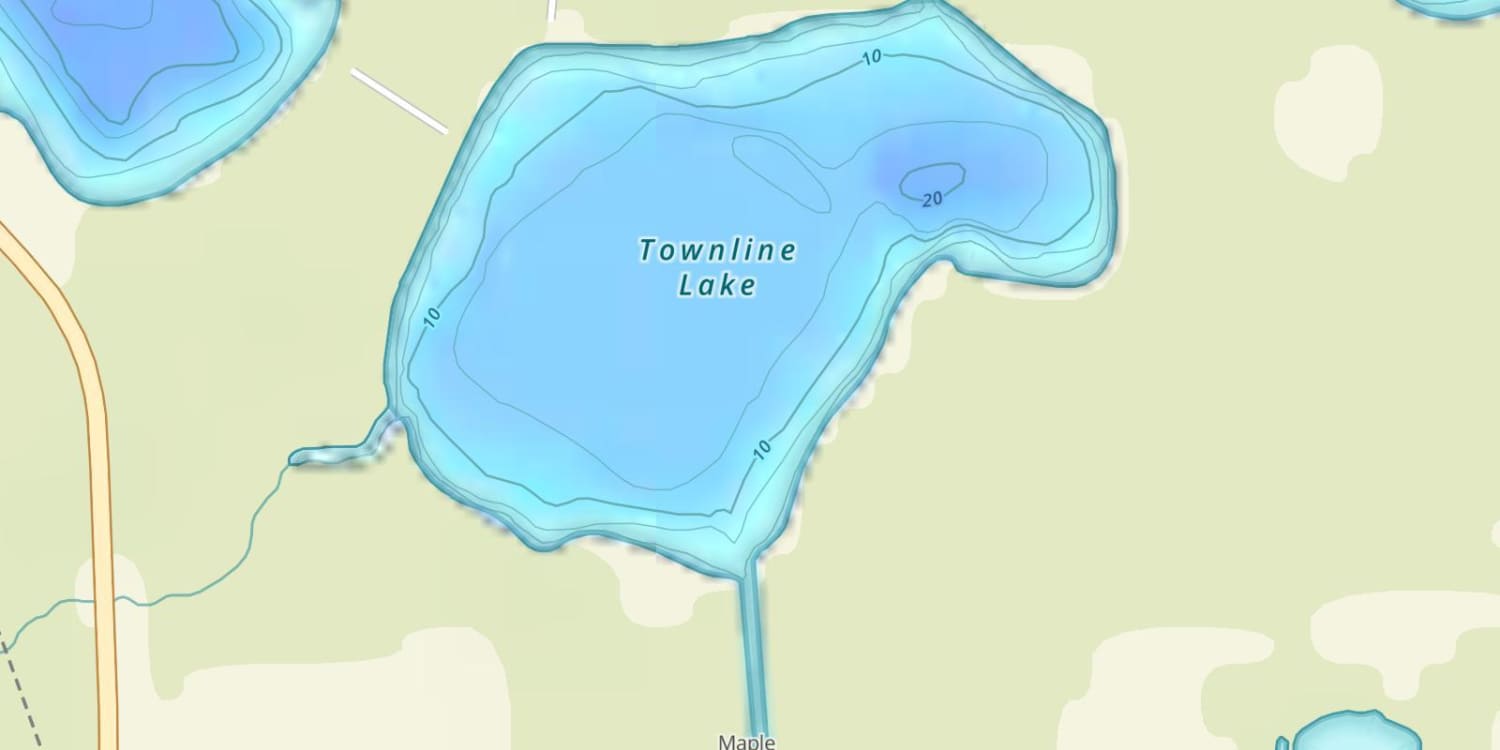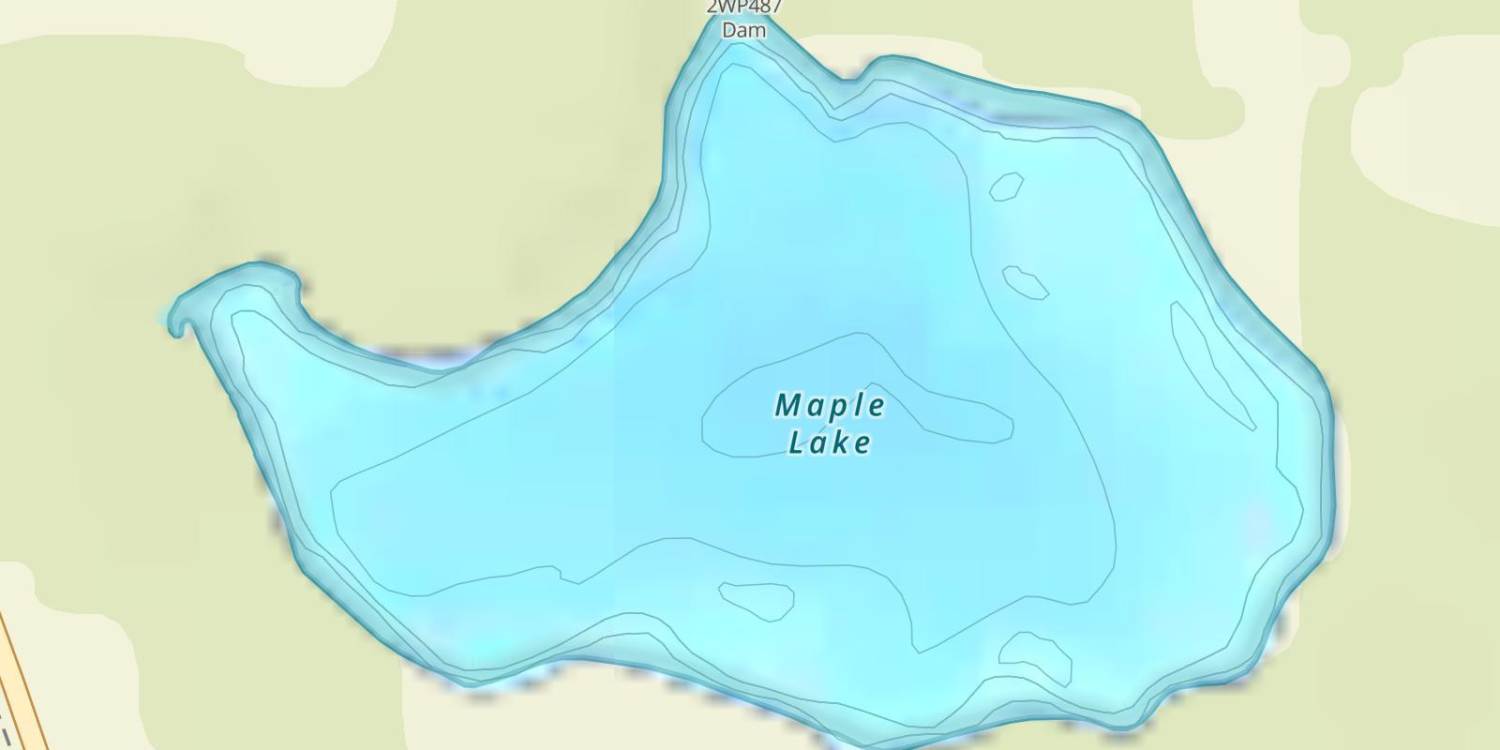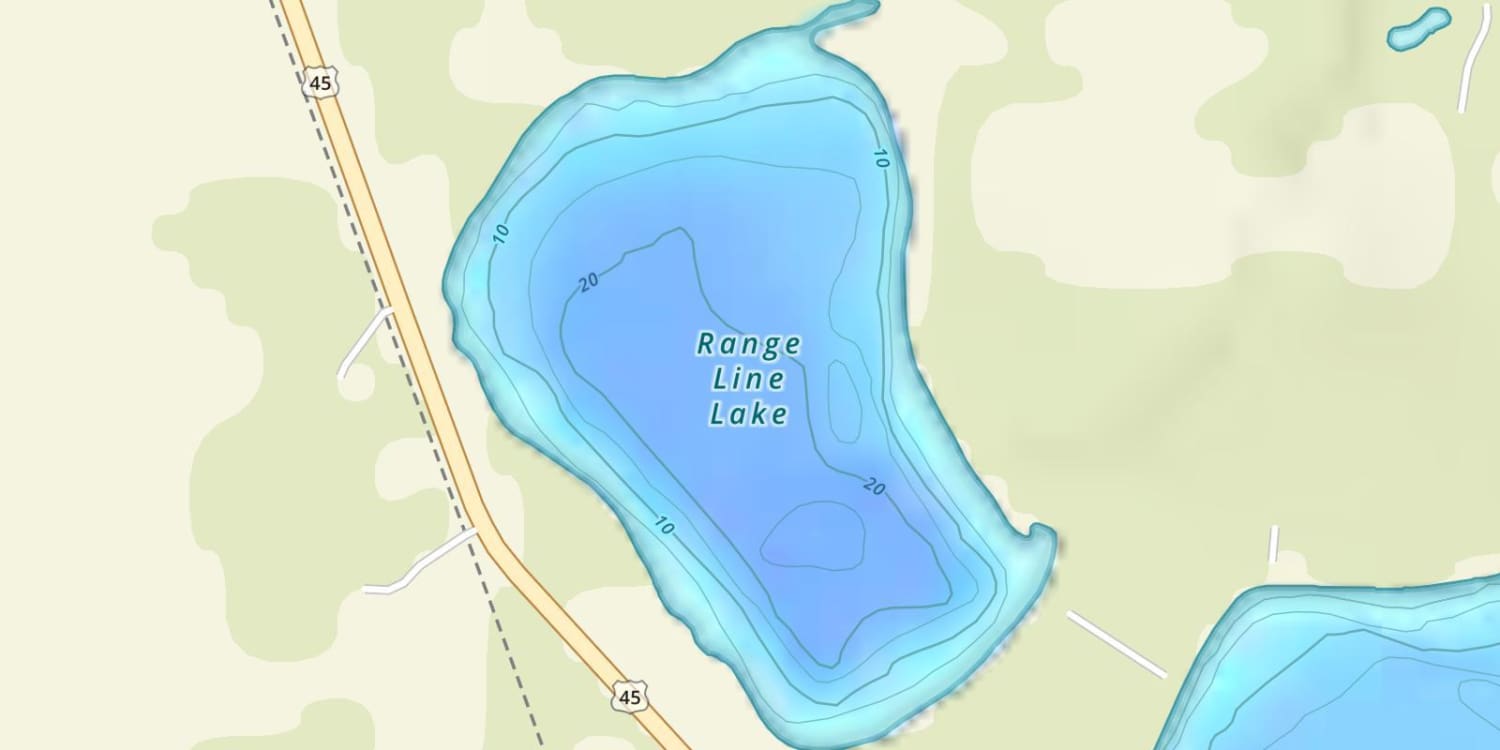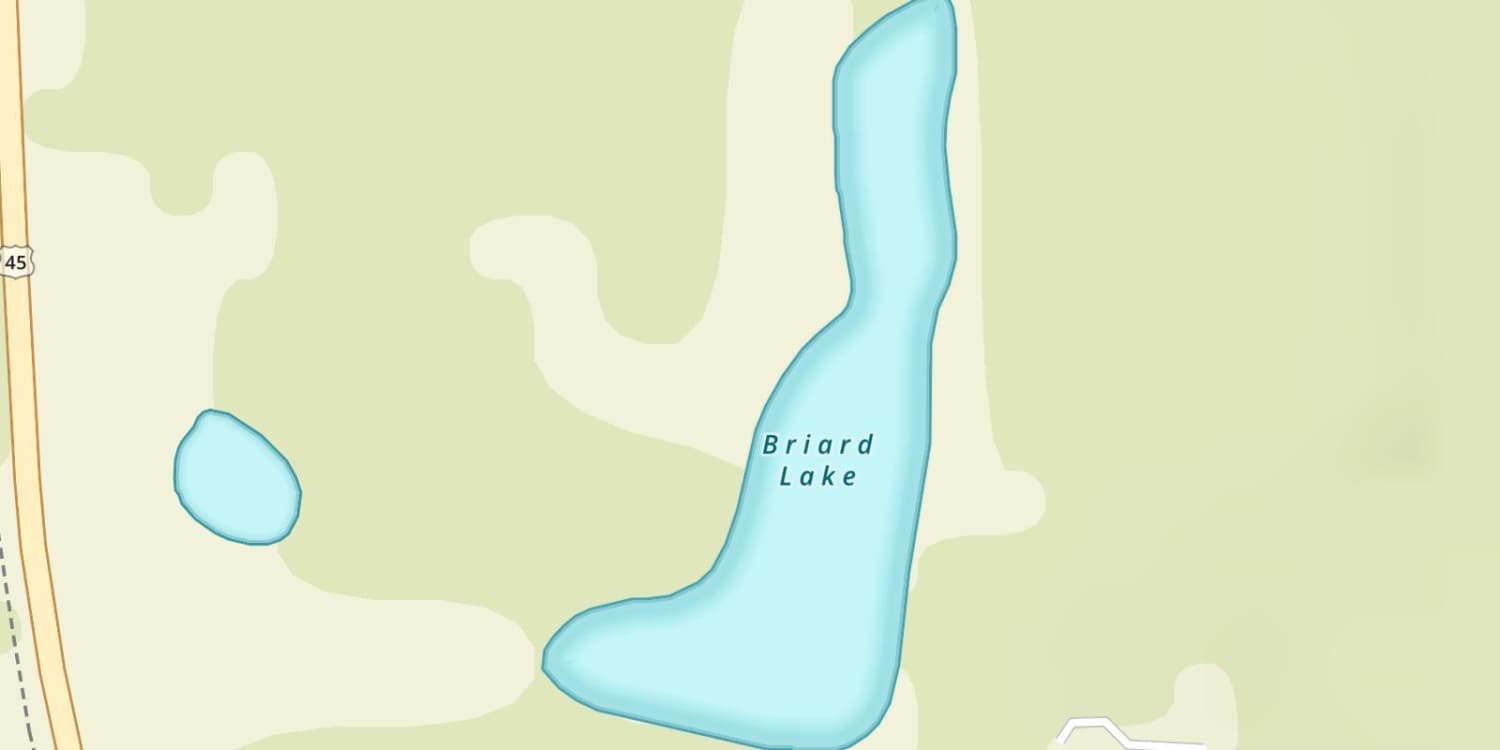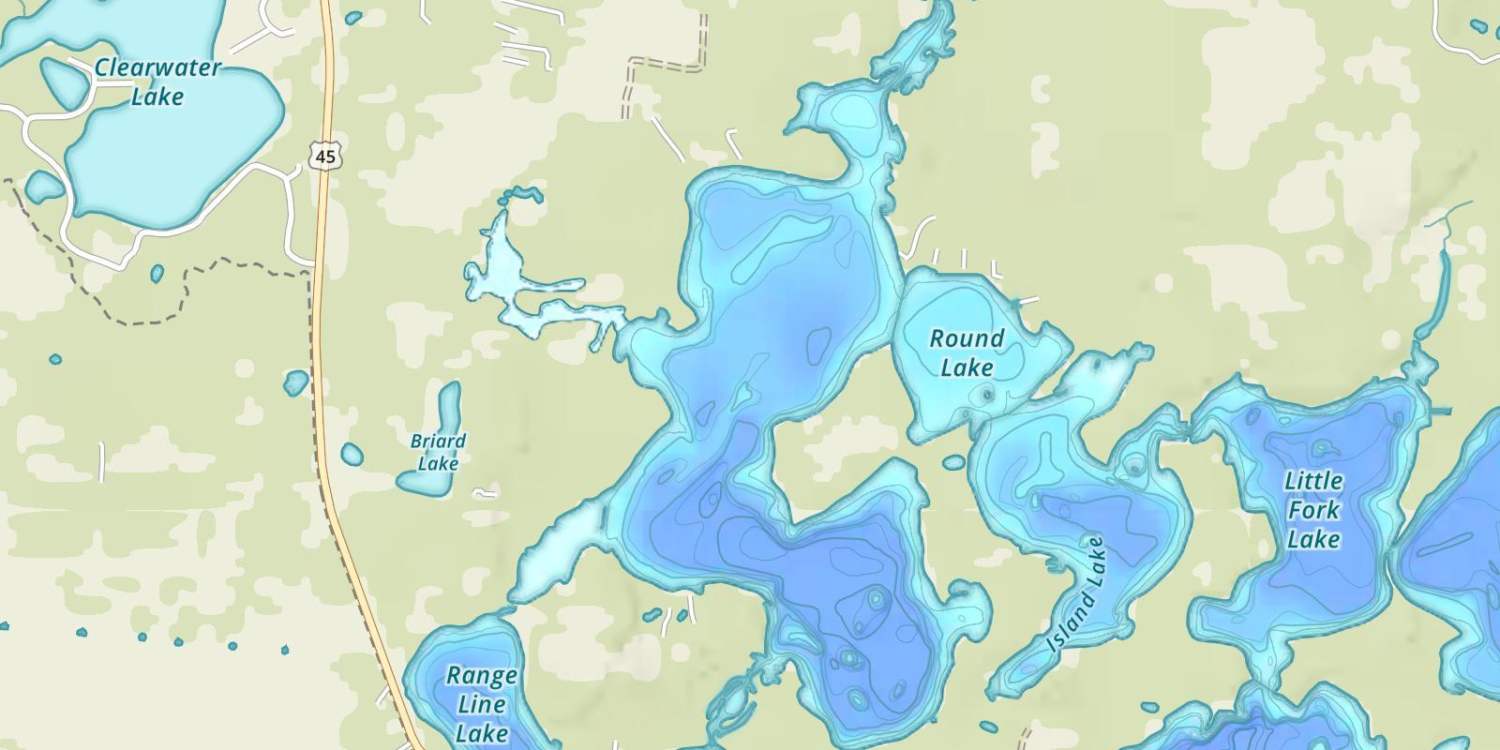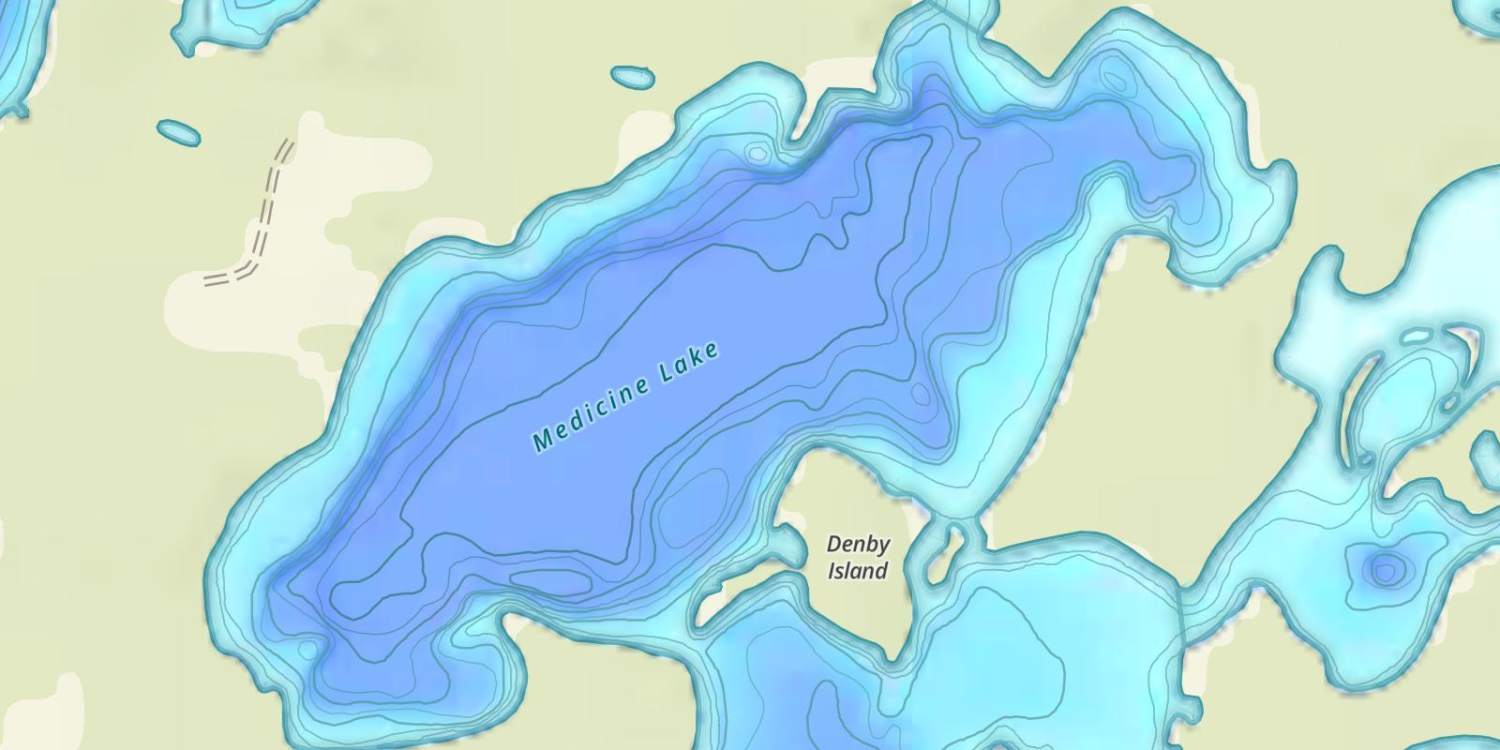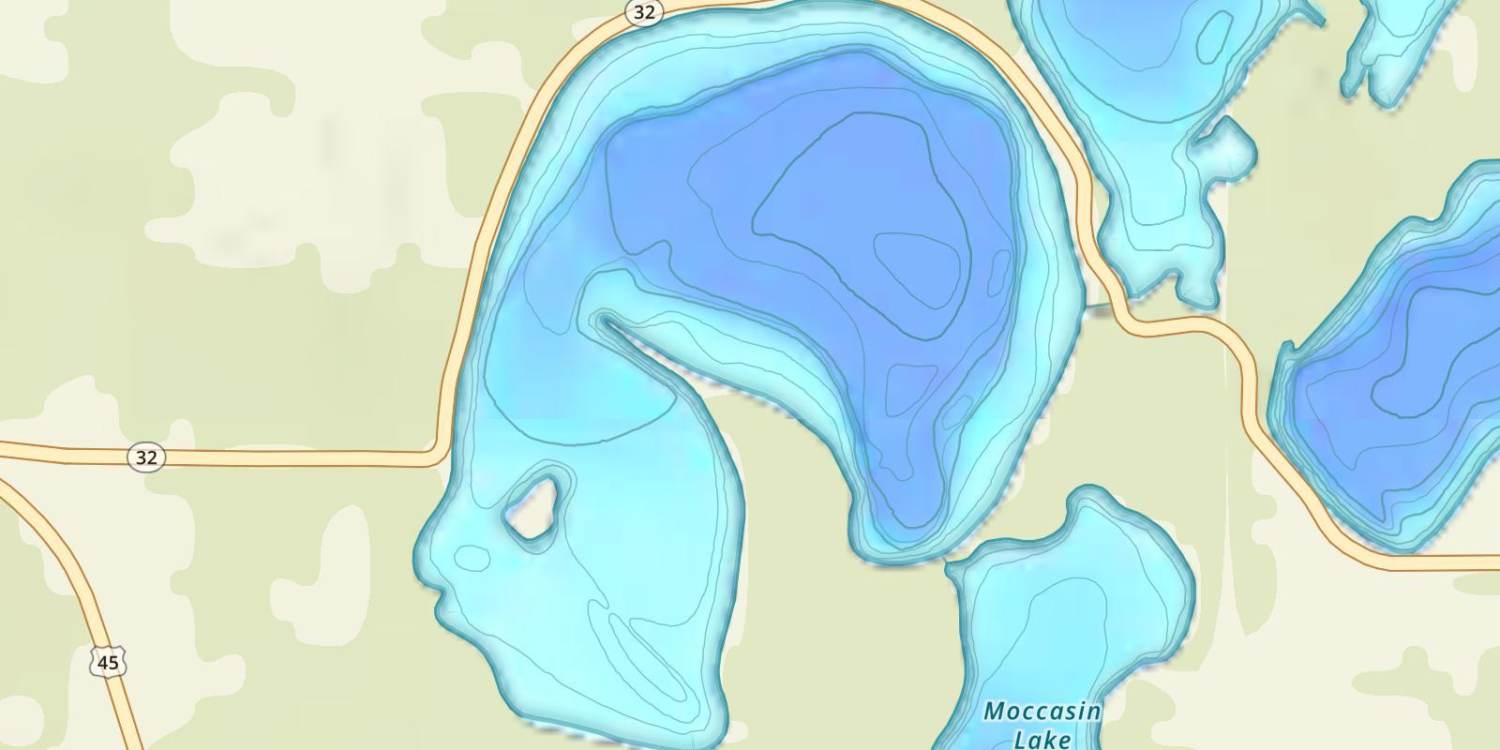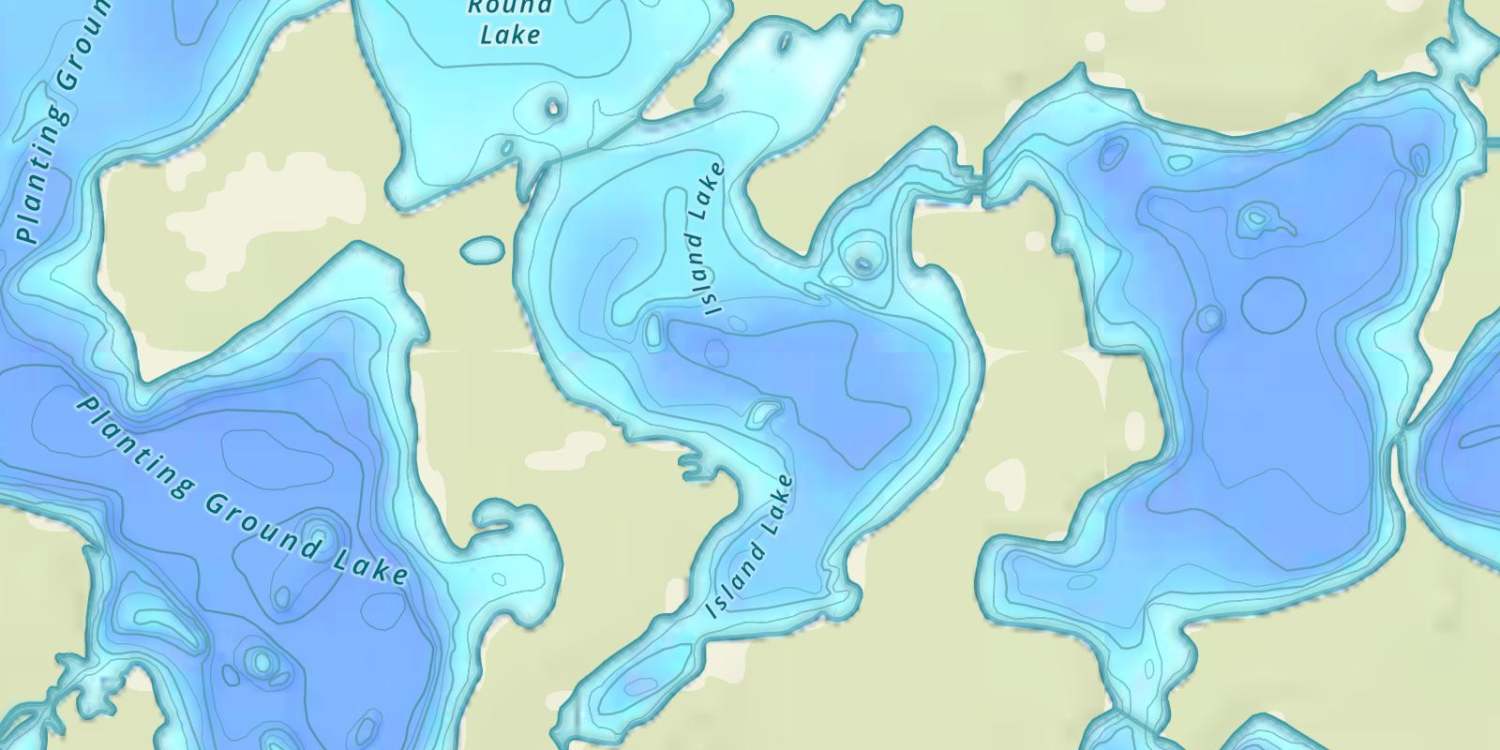
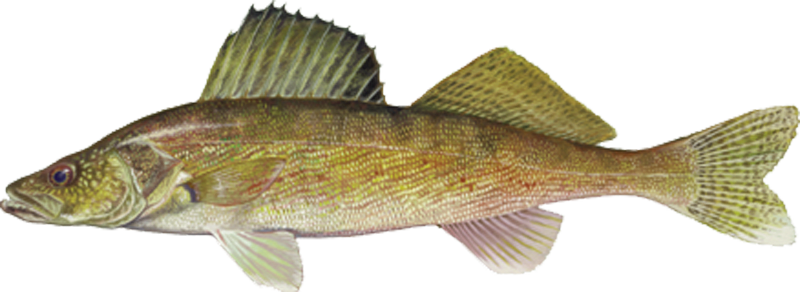
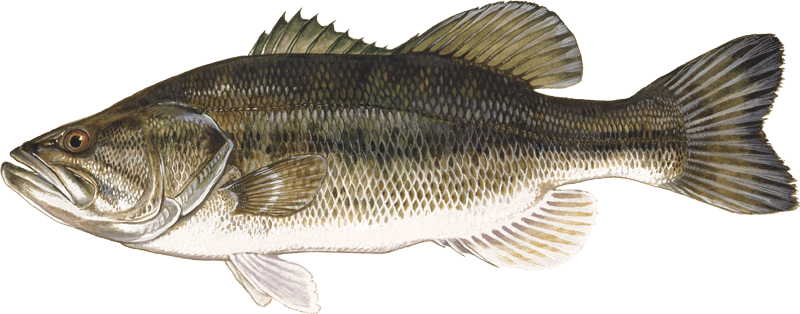
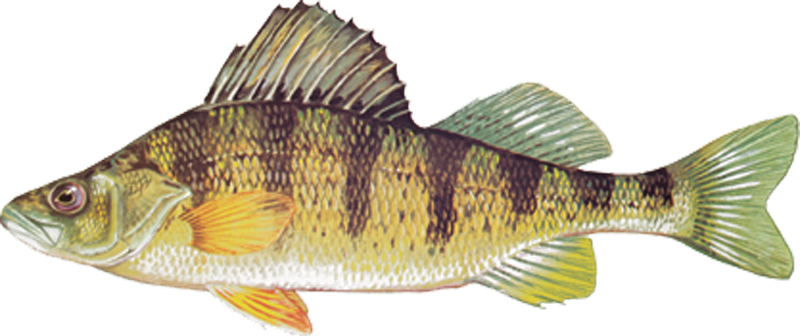
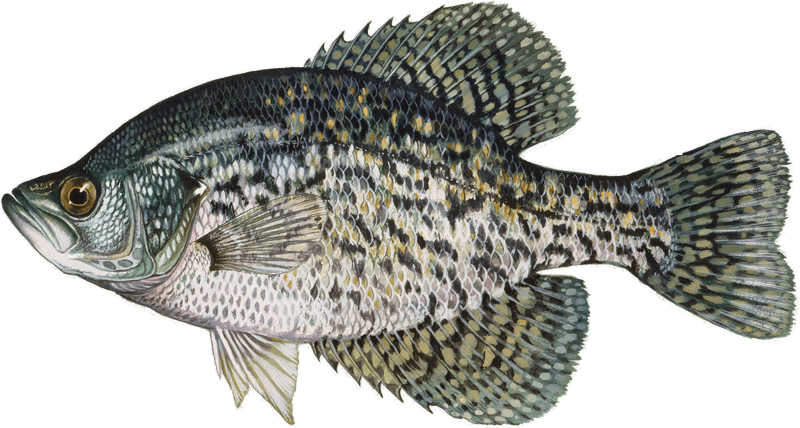
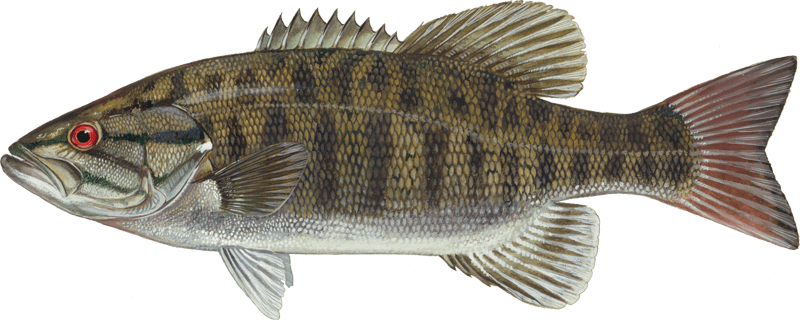

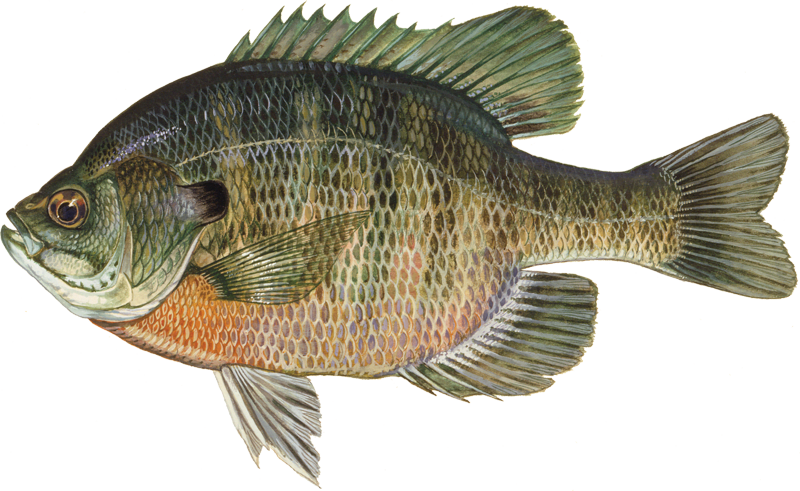
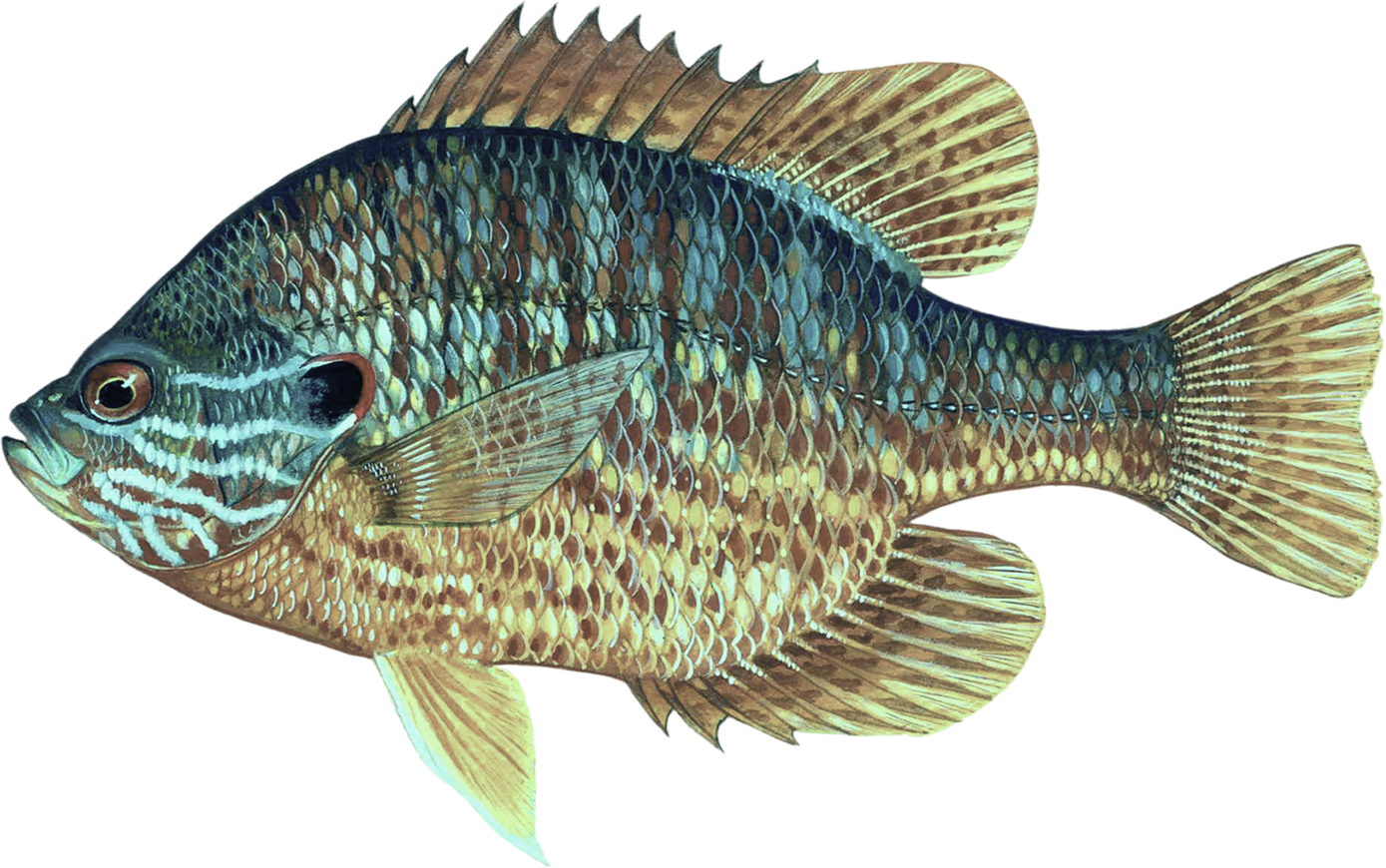
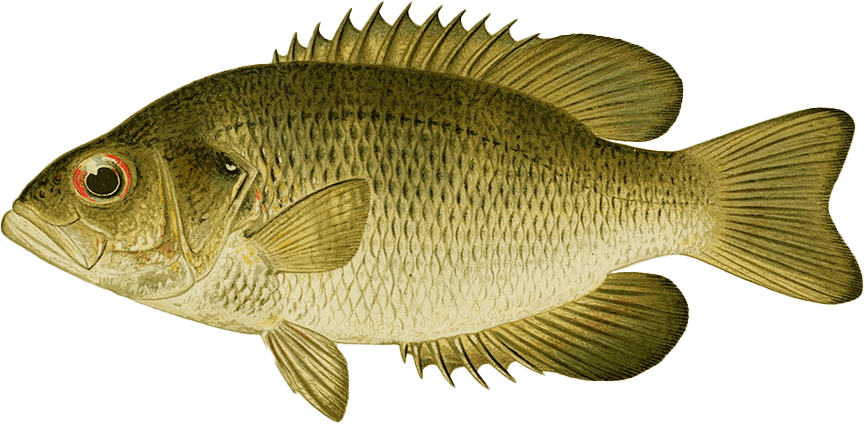
Overview
The excellent walleye and muskie fishing attract the majority of anglers. The sunken islands, long shoreline points and weedbeds provide numerous angling possibilities. Abundant crappie provide year-round action.
Townline Lake Map
Fishing Regulations
Special Fishing Regulations: This lake has special fishing regulations that differ from statewide or border water regulations for those species identified below and take precedence. Regulations listed below are currently in place. Visit the fishing regulations page for links to upcoming regulations for specific lakes.
Special Waterbody Regulations
- Bag limits are for fish caught in all lakes in the THREE LAKES CHAIN including BIG FORK LAKE, BIG LAKE, BIG STONE LAKE, DEER LAKE, DOG LAKE, FOURMILE LAKE, ISLAND LAKE, LAUREL LAKE, LITTLE FORK LAKE, LONG LAKE, MEDICINE LAKE, MOCCASIN LAKE, MUD LAKE, PLANTING GROUND LAKE, RANGE LINE LAKE, ROUND LAKE, SPIRIT LAKE, VIRGIN LAKE, WHITEFISH LAKE Catch and release fishing for largemouth and smallmouth bass is open year round unless otherwise noted. Motor Trolling is allowed with 1 hook, bait, or lure per angler, and 3 hooks, baits, or lures maximum per boat.
Special Species Regulations
- Rough fish: Open all year: No minimum length limit and the daily bag limit is unlimited
- Panfish: Open all year: No minimum length limit and the daily bag limit is 25
- Walleye, Saugers, and Hybrids: May 3, 2025 to March 1, 2026: No minimum length limit, but only 1 fish over 14” is allowed and the daily bag limit is 3
- Bullheads: Open all year: No minimum length limit and the daily bag limit is unlimited
- Catfish: Open all year: No minimum length limit and the daily bag limit is 10
- Cisco and whitefish: Open all year: No minimum length limit and the daily bag limit is 10
- Lake sturgeon: Closed. No fishing allowed.
- Muskellunge and hybrids: May 24, 2025 to December 31, 2025: The minimum length limit is 40” and the daily bag limit is 1
- Northern pike: May 3, 2025 to March 1, 2026: No minimum length limit and the daily bag limit is 5
- Largemouth bass and smallmouth bass: June 21, 2025 to March 1, 2026: The minimum length limit is 14” and the daily bag limit is 5
- Largemouth bass: May 3, 2025 to June 20, 2025: The minimum length limit is 14” and the daily bag limit is 5
- Smallmouth bass: May 3, 2025 to June 20, 2025: Fish may not be harvested (catch and release only)
- Paddlefish: Closed. No fishing allowed.
- Rock, Yellow, and White Bass: Open all year: No minimum length limit and the daily bag limit is unlimited
- Round goby: Open all year: The daily bag limit is 0, one may be killed and possessed for transport to a WDNR Office
- Ruffe: Open all year: The daily bag limit is 0, one may be killed and possessed for transport to a WDNR Office
- Shovelnose sturgeon: Closed. No fishing allowed.
- Trout and salmon: See Trout regulations layer.
- White perch: Open all year: The daily bag limit is 0, one may be killed and possessed for transport to a WDNR Office
- Bluegill: See Panfish.
- Bowfin: See Rough Fish.
- Channel catfish: See Catfish.
- Crappies: See Panfish.
- Flathead catfish: See Catfish.
- Hybrid, Striped, Yellow, and White Bass: See Rock, Yellow and White Bass.
- Longnose gar: See Rough Fish.
- Sauger and hybrids: See Walleye, Sauger, and Hybrids.
- Shortnose gar: See Rough Fish.
- Urban waters gamefish: This waterbody is not considered an urban water, Urban Waters Gamefish regulations do not apply.
- Walleye: See Walleye, Sauger, and Hybrids.
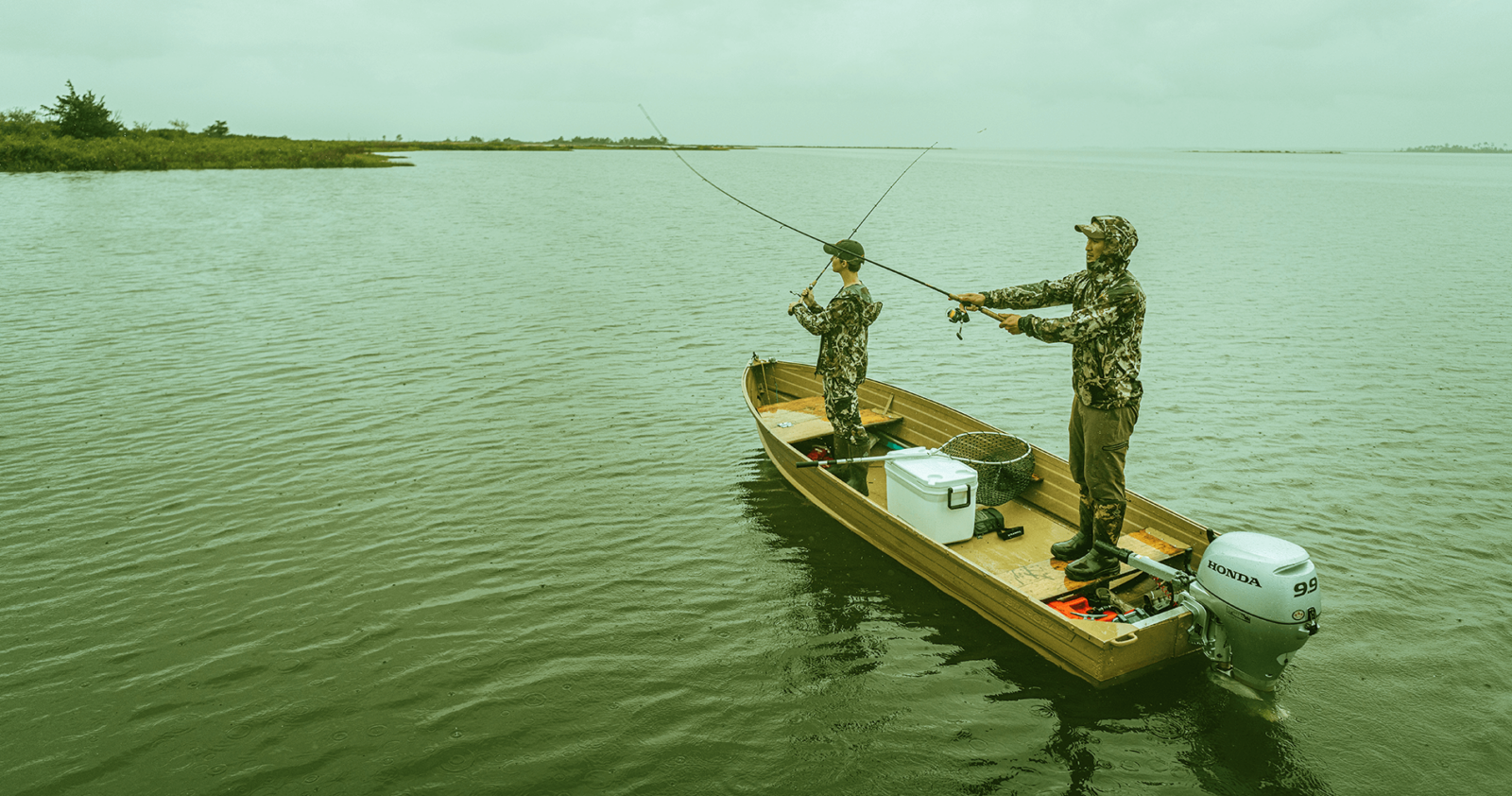

Get Your Line in the Right Water
Quickly find the best places to fish and plan your day right.
Fish Species

Abundance ratings are based on Catch Per Unit Effort (CPUE) measurements conducted by the MN DNR, and represent a snapshot of a species population at a given point in time.
Source: Minnesota Department of Natural Resources. Survey cadence may vary by state and water body.
Abundance ratings are based on Catch Per Unit Effort (CPUE) measurements conducted by the MN DNR, and represent a snapshot of a species population at a given point in time.
Source: Minnesota Department of Natural Resources. Survey cadence may vary by state and water body.
Abundance ratings are based on Catch Per Unit Effort (CPUE) measurements conducted by the MN DNR, and represent a snapshot of a species population at a given point in time.
Source: Minnesota Department of Natural Resources. Survey cadence may vary by state and water body.
Abundance ratings are based on Catch Per Unit Effort (CPUE) measurements conducted by the MN DNR, and represent a snapshot of a species population at a given point in time.
Source: Minnesota Department of Natural Resources. Survey cadence may vary by state and water body.
Abundance ratings are based on Catch Per Unit Effort (CPUE) measurements conducted by the MN DNR, and represent a snapshot of a species population at a given point in time.
Source: Minnesota Department of Natural Resources. Survey cadence may vary by state and water body.
Abundance ratings are based on Catch Per Unit Effort (CPUE) measurements conducted by the MN DNR, and represent a snapshot of a species population at a given point in time.
Source: Minnesota Department of Natural Resources. Survey cadence may vary by state and water body.
Abundance ratings are based on Catch Per Unit Effort (CPUE) measurements conducted by the MN DNR, and represent a snapshot of a species population at a given point in time.
Source: Minnesota Department of Natural Resources. Survey cadence may vary by state and water body.
Abundance ratings are based on Catch Per Unit Effort (CPUE) measurements conducted by the MN DNR, and represent a snapshot of a species population at a given point in time.
Source: Minnesota Department of Natural Resources. Survey cadence may vary by state and water body.
Abundance ratings are based on Catch Per Unit Effort (CPUE) measurements conducted by the MN DNR, and represent a snapshot of a species population at a given point in time.
Source: Minnesota Department of Natural Resources. Survey cadence may vary by state and water body.
Abundance ratings are based on Catch Per Unit Effort (CPUE) measurements conducted by the MN DNR, and represent a snapshot of a species population at a given point in time.
Source: Minnesota Department of Natural Resources. Survey cadence may vary by state and water body.